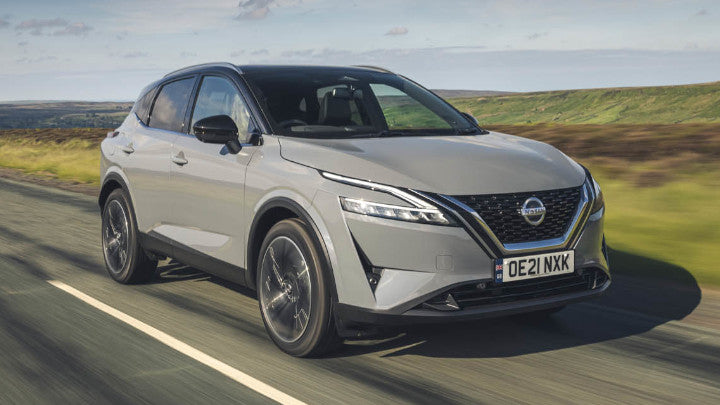The Nissan Qashqai is a popular compact crossover SUV that was first introduced in 2006. The second-generation Qashqai was launched in 2013 and is still being produced today. If you're considering buying a post-2015 Nissan Qashqai, it's important to be aware of some of the common faults that have been reported by owners. Here are some of the most common faults and their likelihood:
- Suspension problems - likelihood: high
One of the most common faults reported by Qashqai owners is problems with the suspension. This can manifest itself in a number of ways, such as clunking or knocking noises when going over bumps, or uneven tire wear. This can be caused by worn suspension bushes, ball joints, or shock absorbers.
- Faulty air conditioning - likelihood: moderate
Another common fault reported by Qashqai owners is problems with the air conditioning. This can range from a lack of cold air to complete failure of the system. This can be caused by a variety of issues, such as leaks in the refrigerant system or problems with the compressor.
- Engine problems - likelihood: moderate
Some Qashqai owners have reported problems with the engine, such as rough idling, stalling, or reduced power. This can be caused by a variety of issues, such as problems with the fuel system, ignition system, or sensors.
- Electrical problems - likelihood: moderate
Electrical problems are also a common issue with the Qashqai, with some owners reporting issues with the central locking, windows, and other electronic components. This can be caused by a variety of issues, such as faulty wiring, blown fuses, or issues with the control modules.
- Faulty transmission - likelihood: low
While less common than some of the other issues on this list, some Qashqai owners have reported problems with the transmission, such as slipping or failure to shift properly. This can be caused by a variety of issues, such as problems with the clutch, gearbox, or drivetrain.
If you're considering buying a post-2015 Nissan Qashqai, it's important to be aware of these common faults and to have the car thoroughly inspected before you make a purchase. While some of these issues may be relatively minor and easy to fix, others could be more serious and require costly repairs. By doing your research and taking the time to properly evaluate any potential purchases, you can help ensure that you're getting a reliable and high-quality vehicle.

